
You might have started your career under the hood, but if you now own an automotive repair shop, you’d better be just as comfortable with a balance sheet as you are with a torque wrench, according to a shop coach.
It’s a “crucial” relationship for a shop owner to understand the numbers of their business, explained Bryan Stasch, vice president of program and content development at the Automotive Training Institute, during his presentation at the Midwest Auto Care Alliance Hi-Tech Training & Expo in Kansas City.
“As a business owner, you need to be intimate with your numbers, you need to be intimate with your KPIs and you need to be intimate with your financial documents,” he said. “Because right here is the real test of the fiscal health of your business. It helps you make informed decisions.”
He stressed that financial literacy isn’t optional — it’s essential. Whether you’re trying to sell your business, borrow money or attract investors, the first thing they’ll ask for is your financials.
“If you ever list your business for sale with a group, they’re going to ask for the financials. Go into the bank to borrow money? They’re asking for the financials. Private equity money? That’s the first thing they’re looking for, the financials.”
Stasch pointed to a growing trend in the industry: Private equity firms buying up multi-shop operations — and paying top dollar for them.
“To them, it’s instant buying power, instant market share. But I’ve been watching this over the last 10 years or so, and they’ll pick a group of shops in a market — could be individual owners — and pay ridiculous money for it. But it’s going to require this information to prove its values,” Stasch advised.
He summed it up simply: “Knowing your financial documents empowers business owners to manage their business effectively, drive growth and secure a financial future.”
Still, he admitted the financial stuff is not the most exciting part of the job. “It is a boring subject. It’s not as fun as meeting, greeting, kissing customers goodbye.”
But it’s critical — especially when it comes to cash flow and survival.
“If sales stopped tomorrow, how long would your business survive? How many of you could say it would last more than three months because you got enough liquidity in the business? Six months?” he asked those in attendance,
And that’s probably best-case scenario.
“[Some] wouldn’t last a month — couldn’t cover the expenses, couldn’t cover the payroll,” Stasch said.
That’s why understanding your financials matters, he said. And a balance sheet is a critical instrument a shop owner needs to review regularly.
“A balance sheet, unlike a P&L is a snapshot as of right now. You could run a balance sheet as of today,” he said.
Image credit: Depositphotos.com
Related Posts
Comments
-
I’ve seen business that have been micro managed and over analyzed right into receivership. In all my career, I have never seen so many consultant and management type businesses as I do today. Are other industries plagued with this pandemic or just the automotive industry? One would think these companies knowing our industry so well would be the ones buying up all our shops and implementing all their strategies to become successful them selves. Why are they not?
-
We lost Bob Greenwood several years ago ,his famous quote was” if you can’t measure it you can’t manage it”
Numbers don’t lie and if you want to run a successful profitable business you need to understand the numbers. Plain and simple and when the time comes that you want to sell that’s what the buyers will want to see.

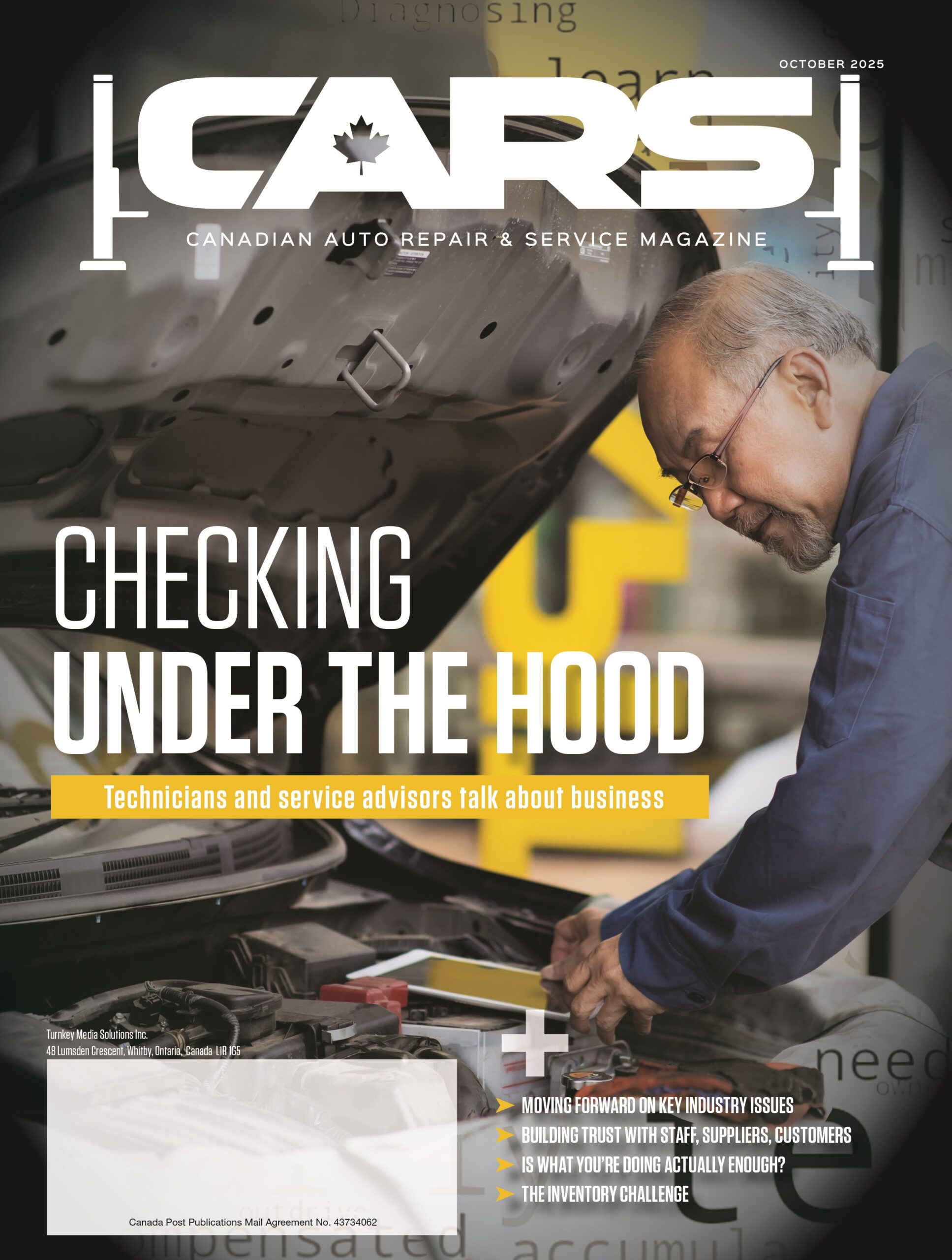
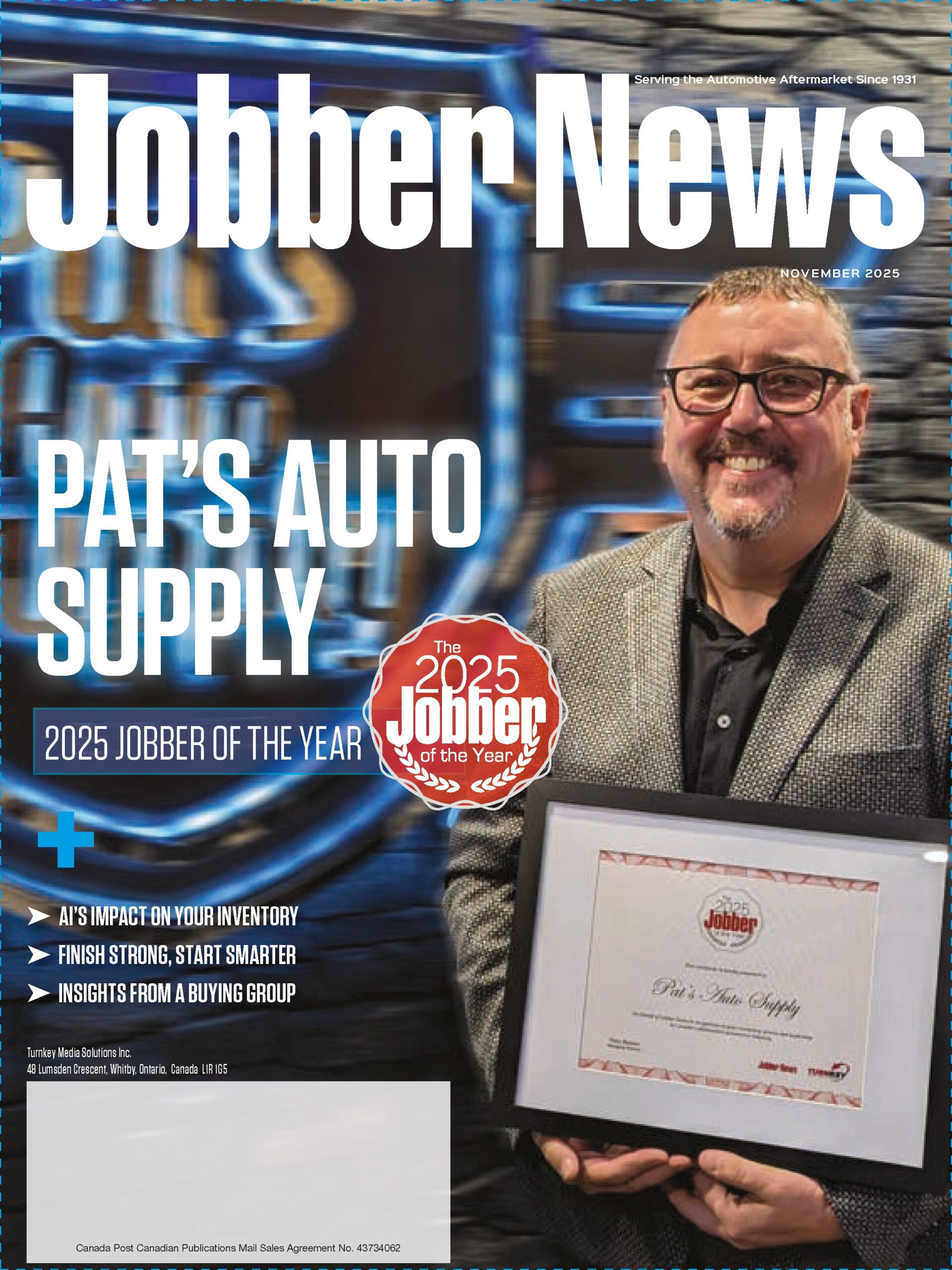
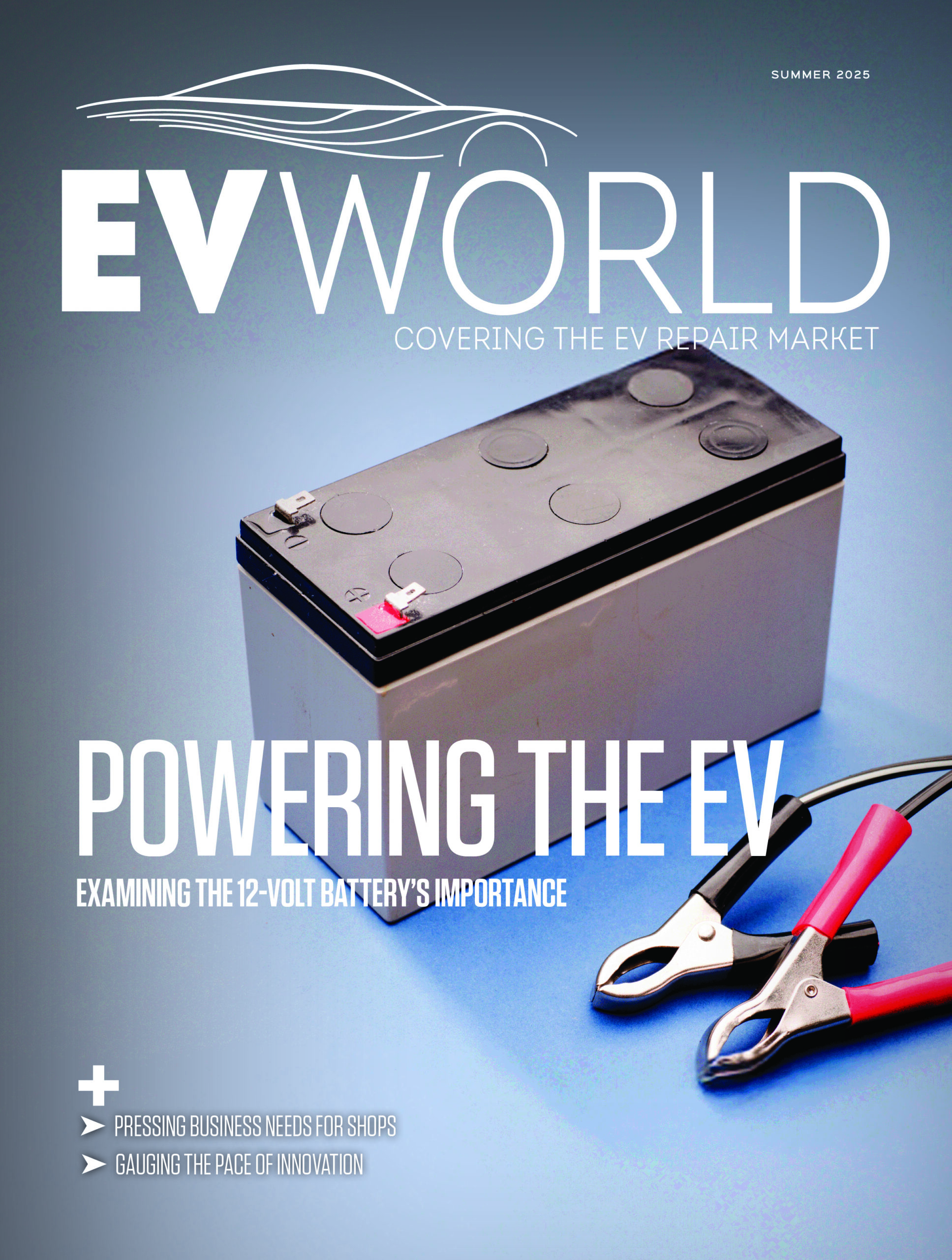




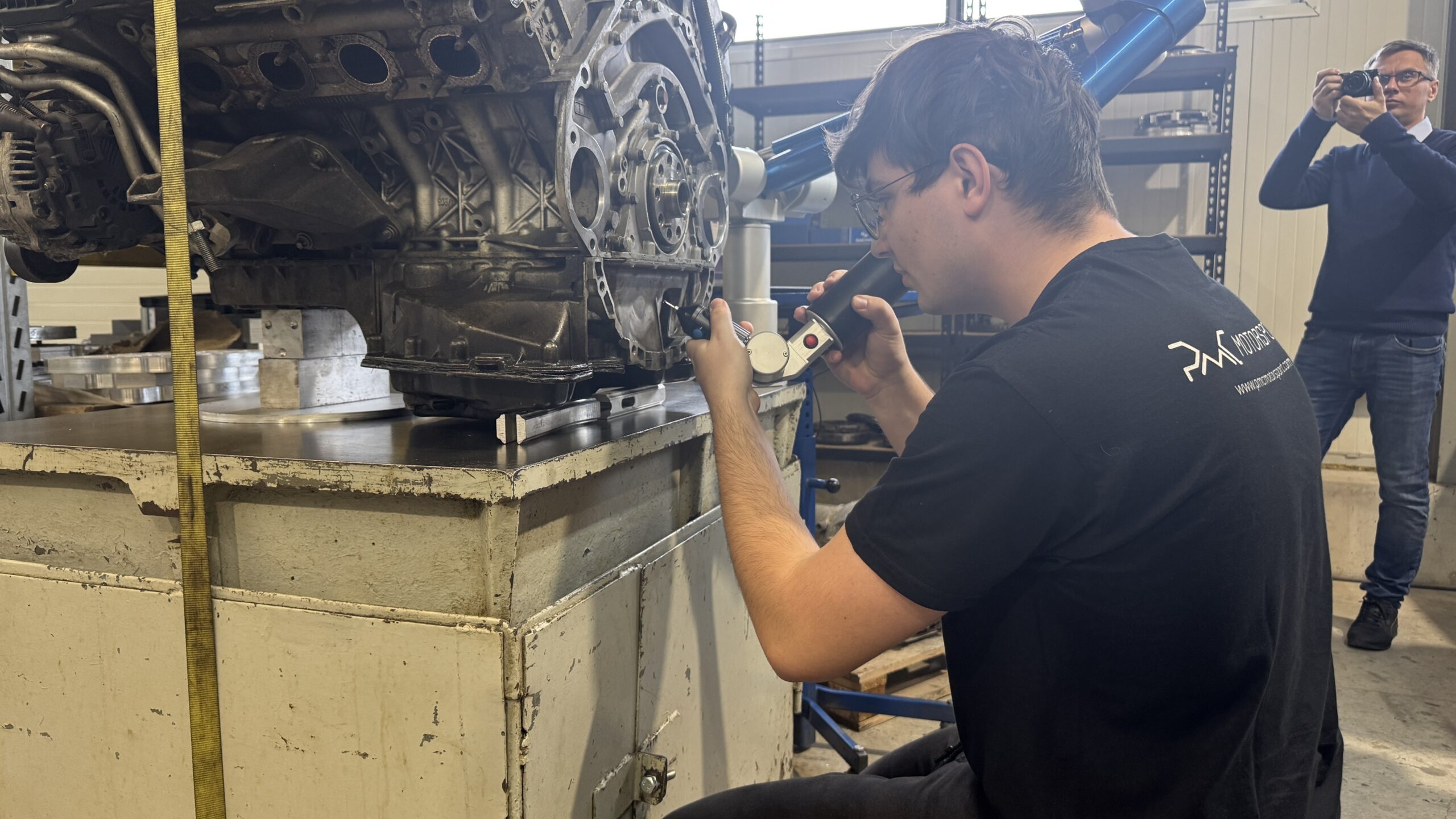
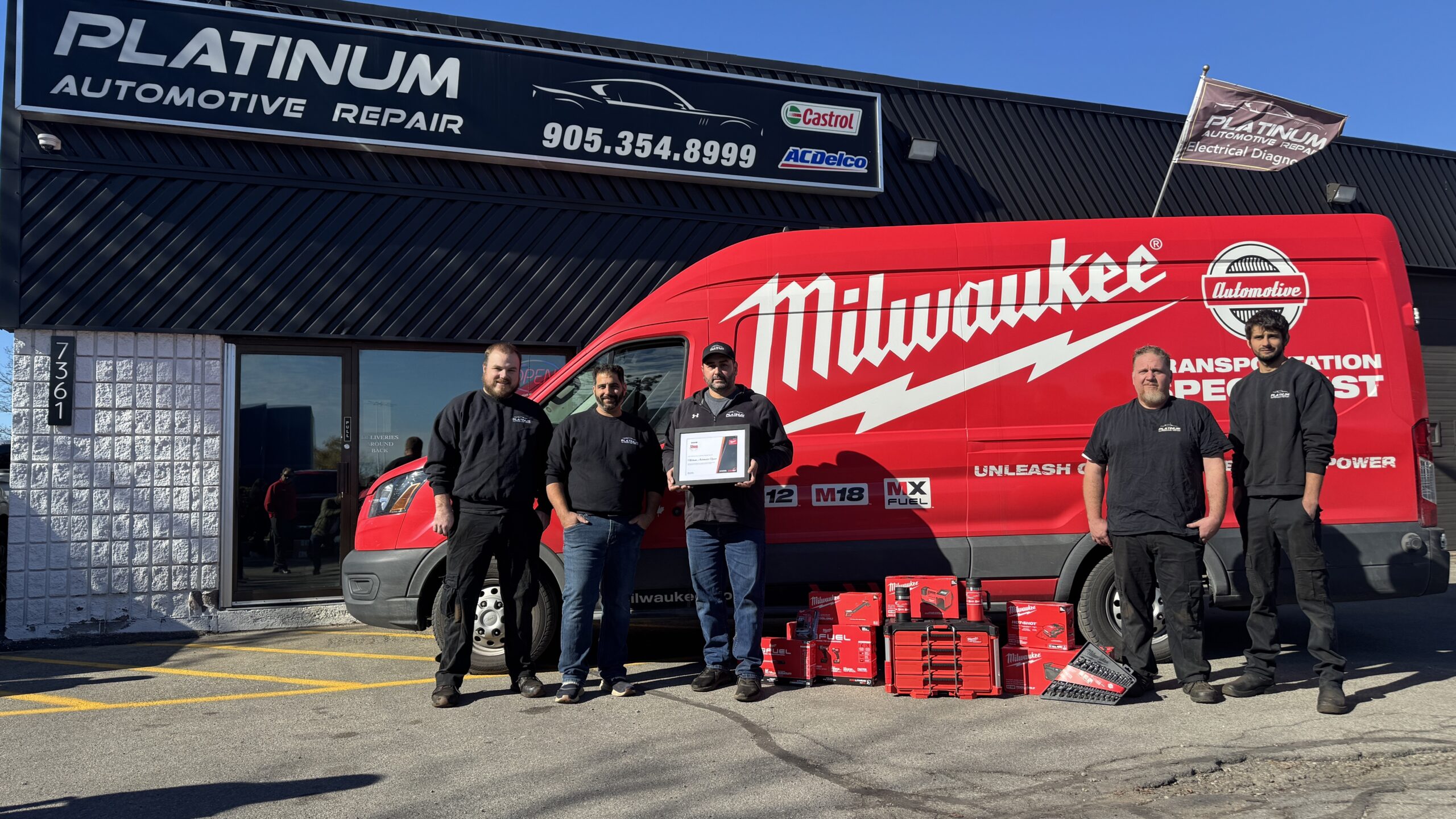
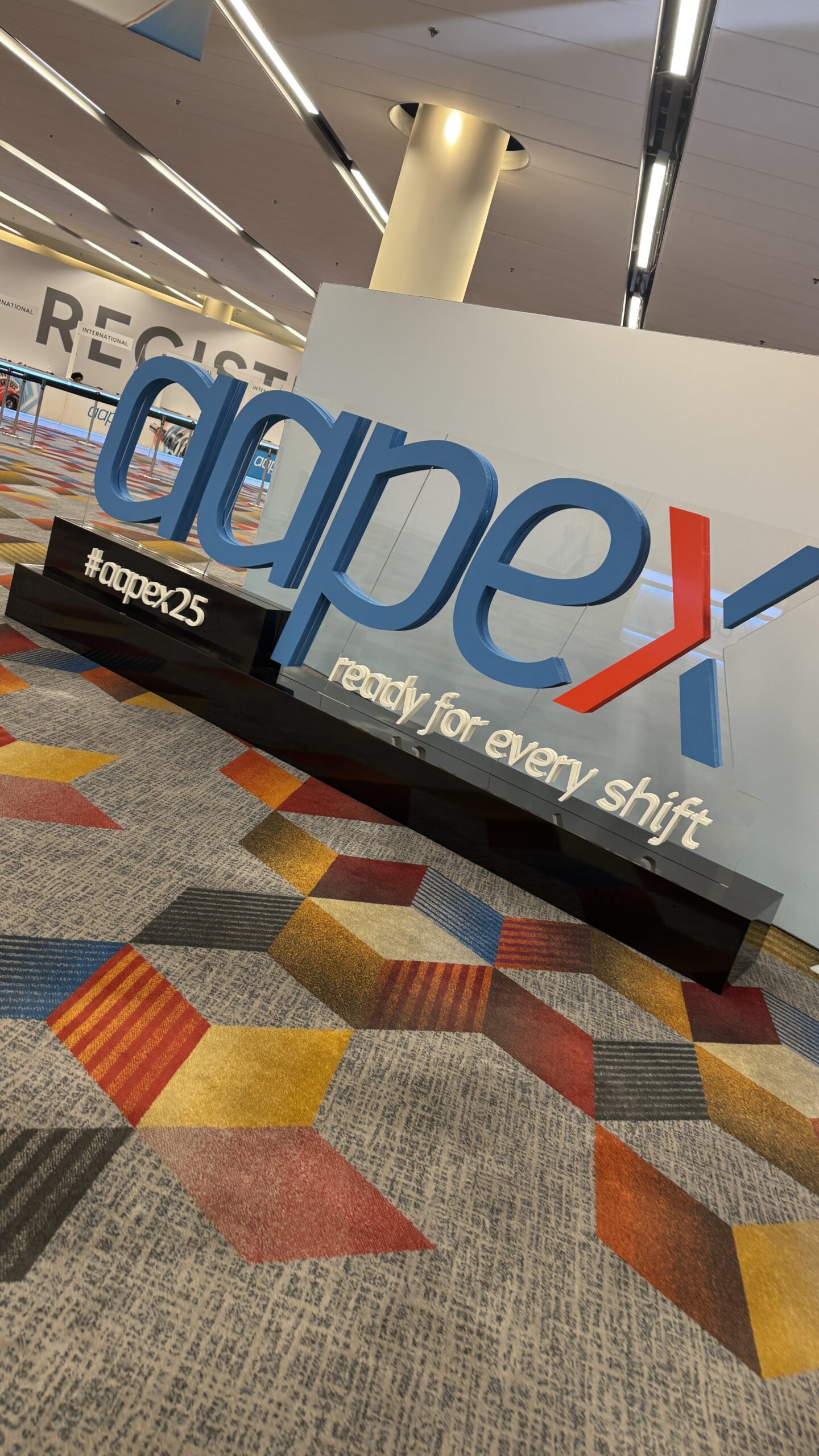


Leave a Reply